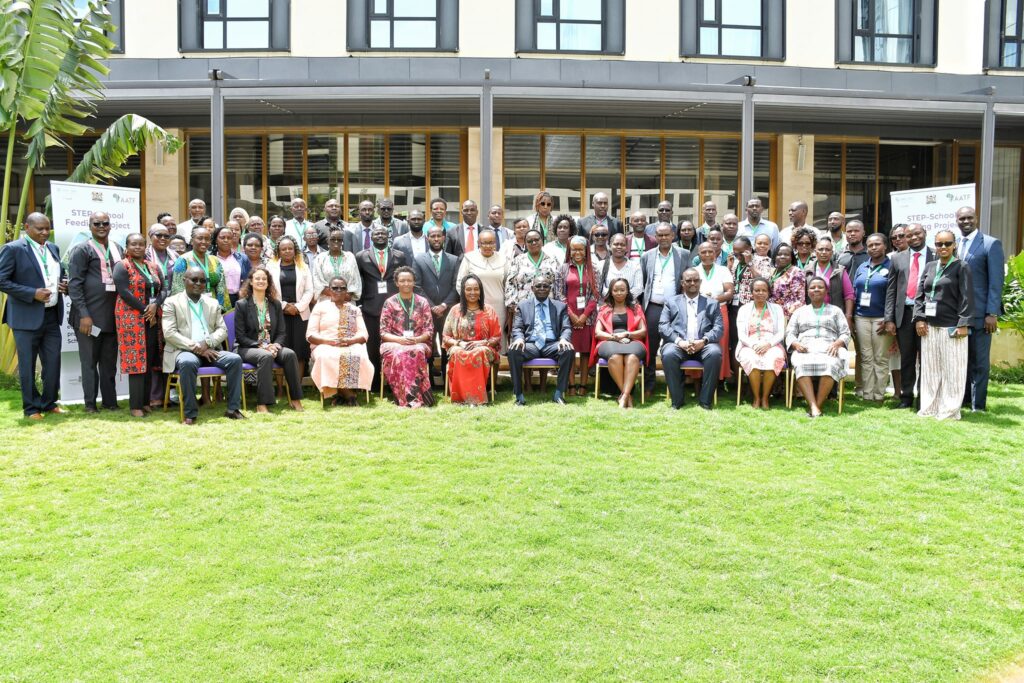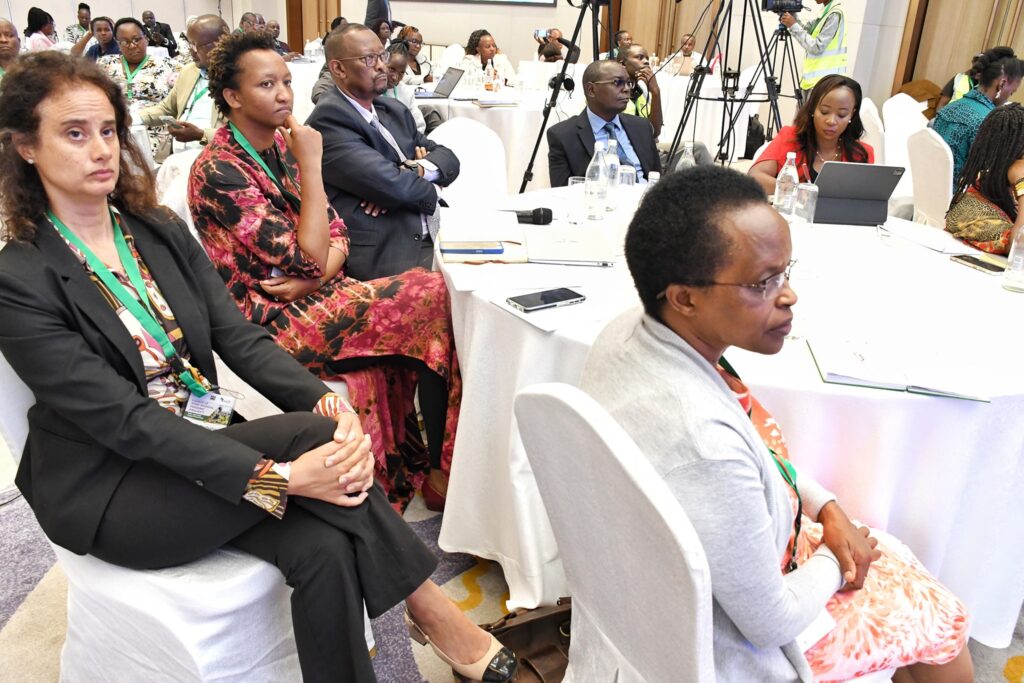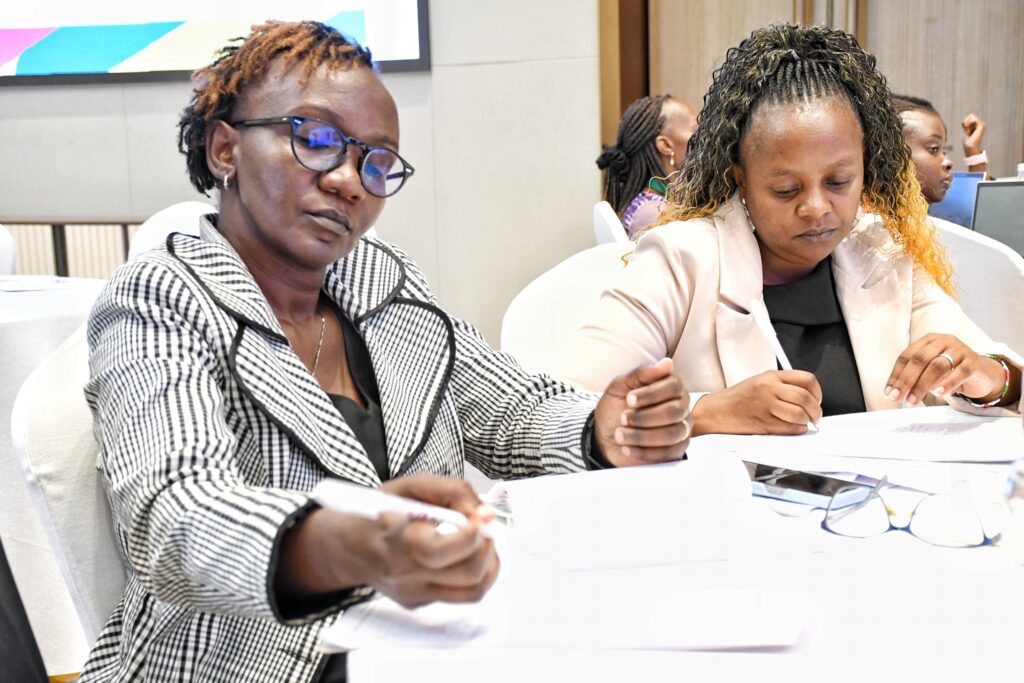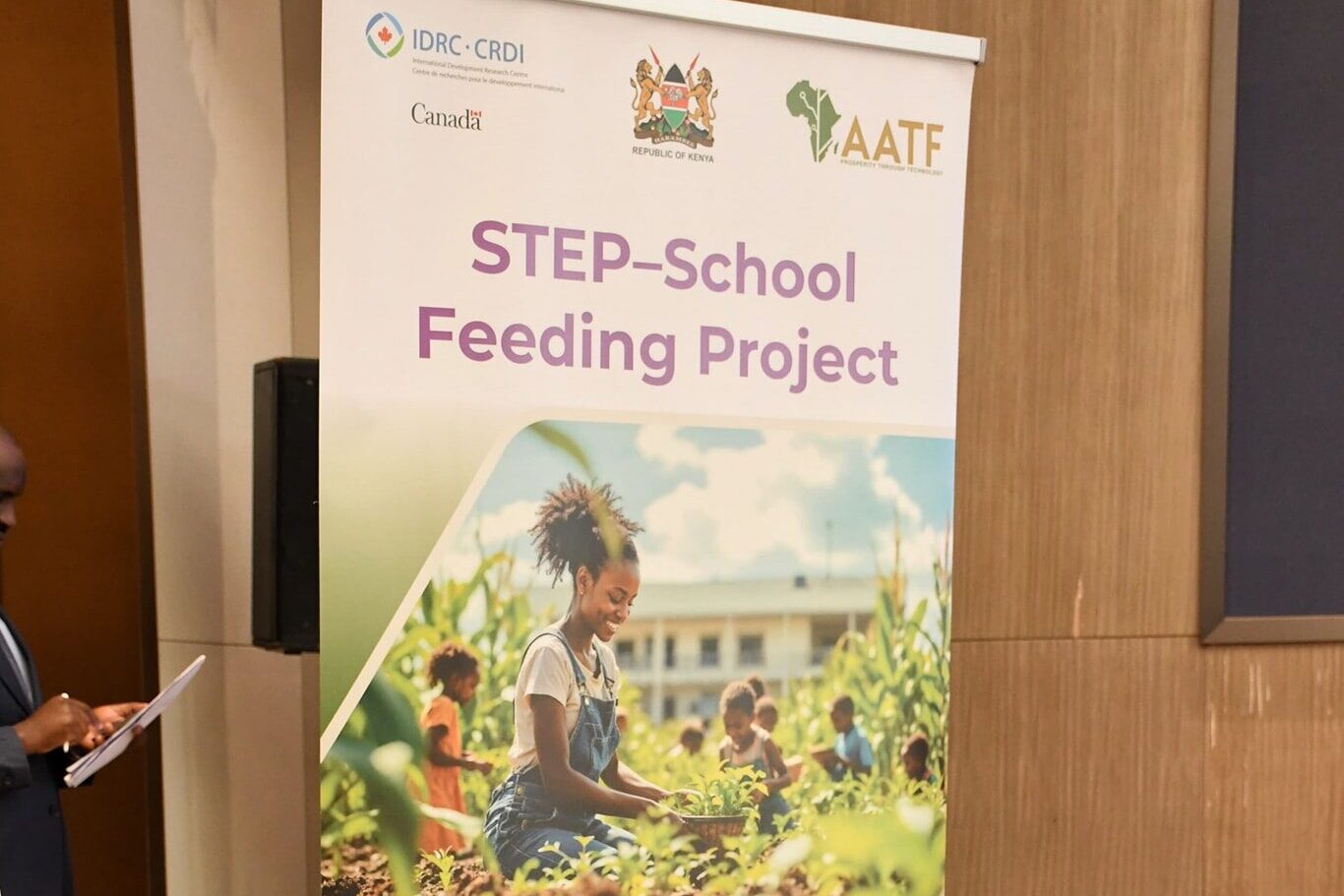MAKUENI AMONG FOUR COUNTIES SELECTED FOR PILOT OF HOMEGROWN SCHOOL FEEDING RESEARCH PROJECT
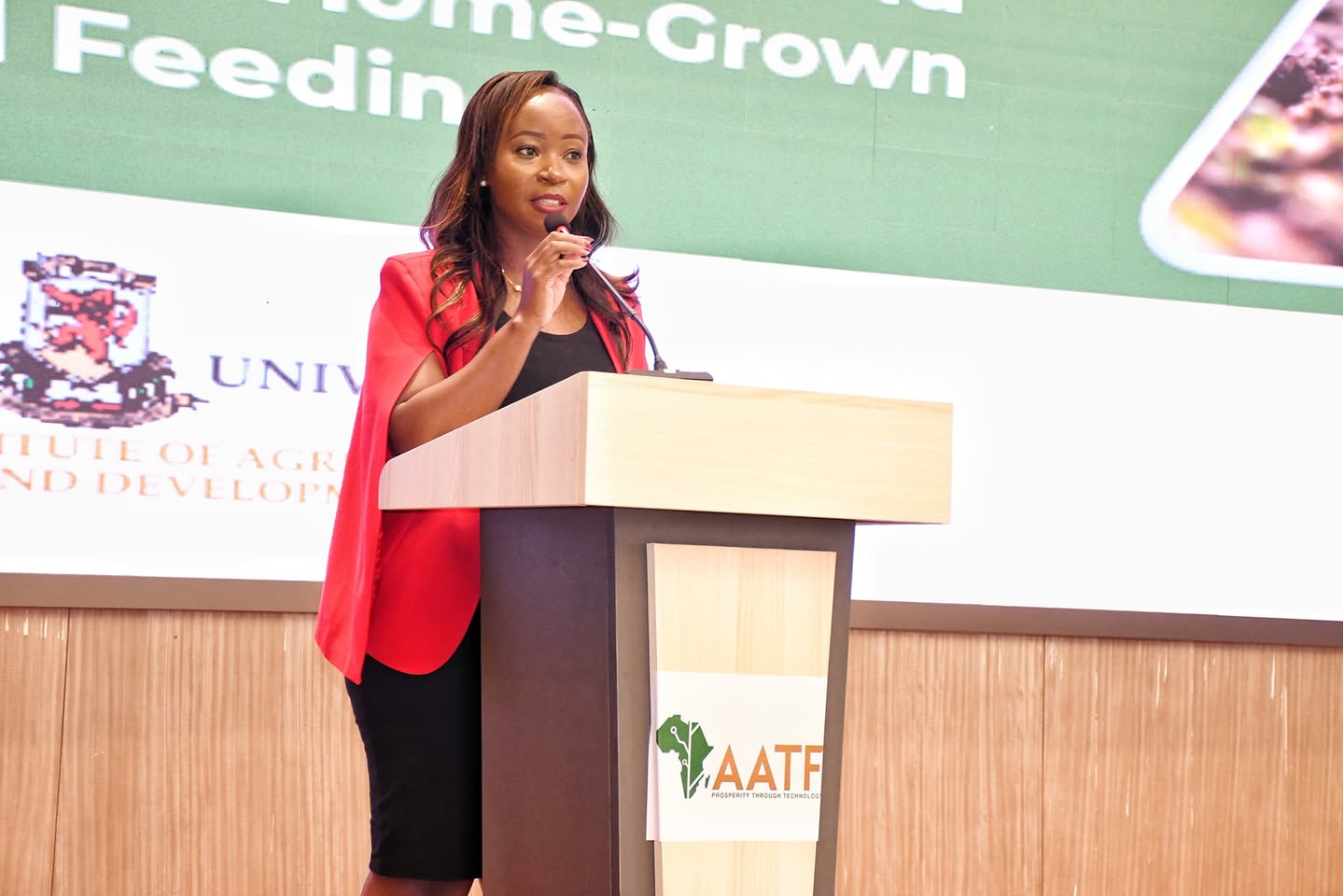
Makueni County has been selected among four counties to pilot a new, three-year research initiative — the STEP (Sustainable, Inclusive, and Equitable Procurement in Home Grown School Feeding Programmes) Project — launched today at the Argyle Grand Hotel in Nairobi. The project, led by the African Agricultural Technology Foundation (AATF) in collaboration with partners like Tanager and Tegemeo Institute, aims at reimagining how school meals are sourced and delivered in Kenya.
The STEP initiative is designed not only to feed learners with nutritious, homegrown food, but also to build a sustainable and inclusive procurement model that can support local economies. Besides Makueni, the other counties selected for the pilot are Nairobi, Embu, and Isiolo.
In her remarks, Makueni CECM for ICT, Education, and Internship, Elizabeth Muli, welcomed the opportunity, saying the County is fully committed to tackling child malnutrition and food insecurity through innovative and evidence-based approaches. “We look forward to learning and co-creating a system that uplifts both the nutritional status of our children and the economic resilience of our farmers,” she said.
The first six months of the STEP project will focus on applied research—conducting context analysis, assessing current school feeding procurement systems, and understanding policy gaps. Based on the findings, a model procurement system for sourcing food locally will be designed. This working model will then be piloted in two selected sites—either a single school or a cluster of schools—within each participating county.
The pilot phase will provide vital lessons on best practices, challenges, and scalability. These insights will be used to refine and package a scalable model that could eventually be rolled out nationally, helping Kenya meet its goal of universal school meal coverage for 10 million learners by 2030.
The project also emphasizes gender inclusivity, agro-ecological practices, and stronger value chains—aiming to improve farmer incomes, support smallholder producer groups, and foster gender-equitable procurement systems.
With Makueni’s prior investment in ECDE nutrition and its vulnerability to food insecurity, the county is strategically positioned to pioneer this groundbreaking model. Through STEP, school meals may soon become more than nourishment—they could become an engine for local development and systemic transformation.
Officials from Makueni County present at the launch included CECM for Health Paul Musila, Chief Officer for ICT, Education and Internship Irene Makau, Chief Officer for Livestock Dr. Victoria Kyalo, and Director, Department of ICT, Education and Internship Damaris Makau, among other County officials.
